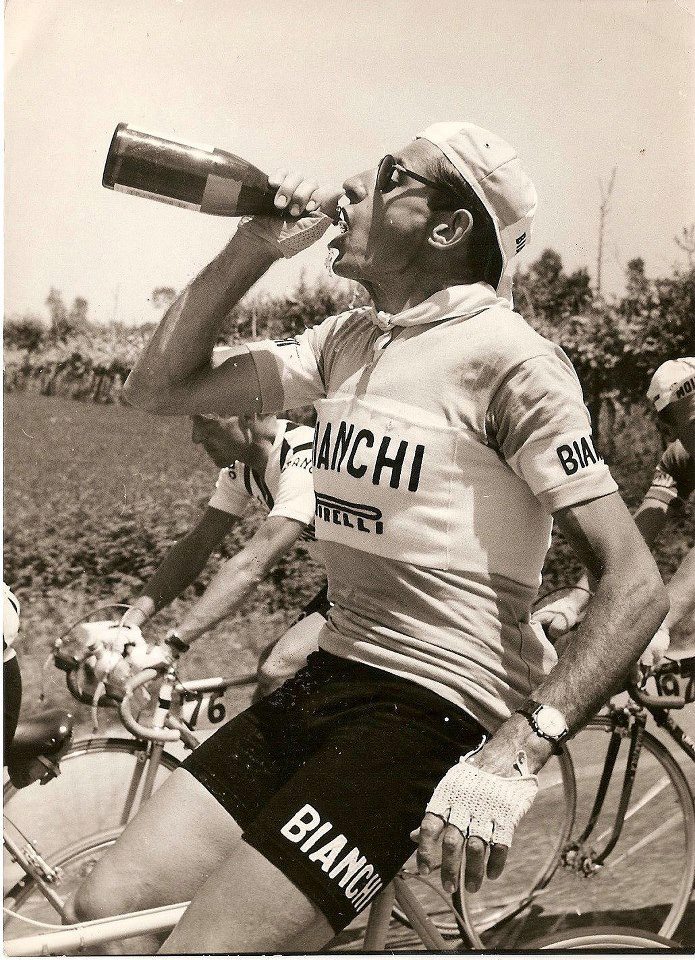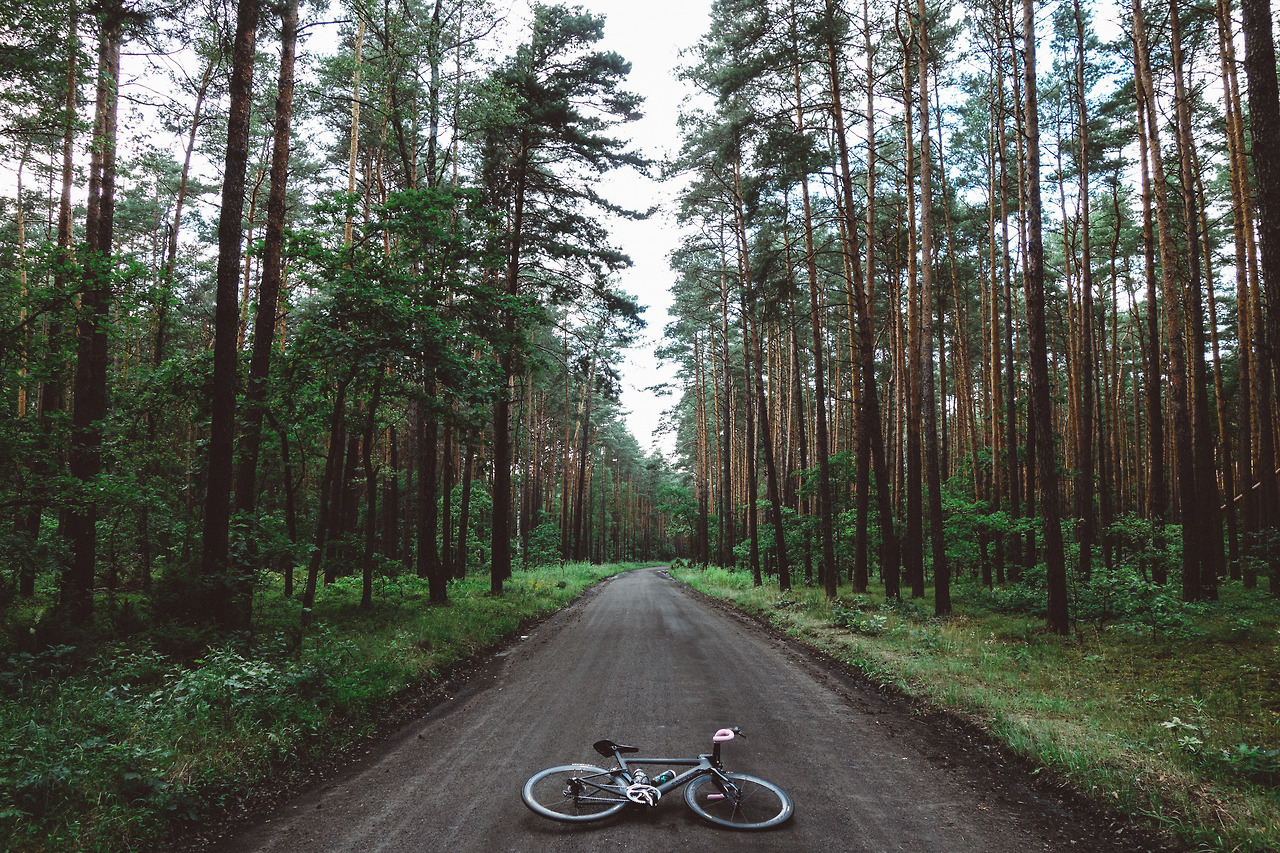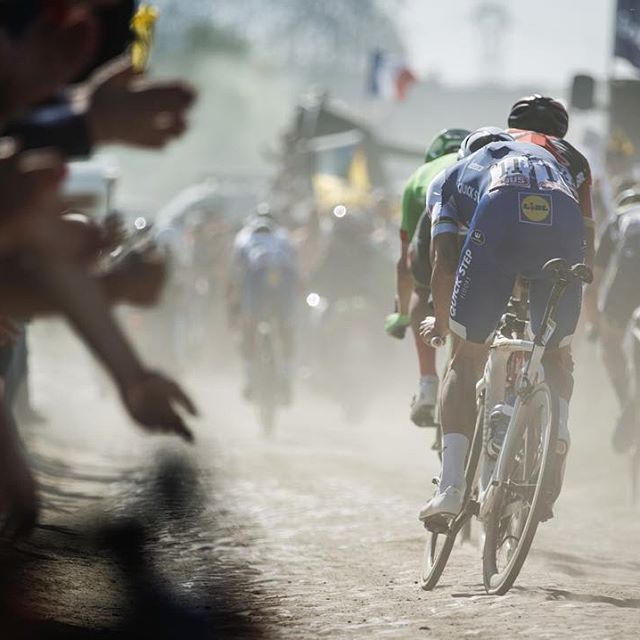Guest Article: The Longest Road
Let us thank @The Oracle for contributing this guest article. We haven’t been putting up many guest articles so it’s good to have something substantial to begin with again. I don’t think cyclists are any more or any less addictive or OCD than anyone else. We are just humans who love to ride the bike. We don’t like to bring our personal baggage with us on the bike, hell we can’t even bring an EPMS, but sometimes we can’t ride away from it. .
VLVV, Gianni
I wasn’t an alcoholic when I left college, but I was on that path. I’d imbibed more than my fair share as a hard-drinking undergraduate at UW-Madison. Through the following years, my drinking was what I would have described at the time as occasionally heavy, but not problematic. Of course, I look back now on my 20’s and early 30’s in a new light. Now I see a pattern of worsening addiction. From a few beers a week and only occasionally getting drunk with friends, to several beers on Friday and Saturday nights sitting alone at home in front of the TV, to occasionally taking nips from the hard liquor in the evening during the week, etc. etc. At the same time, I was distancing myself from my wife and my young kids, and foundering professionally. I was becoming an alcoholic, but I didn’t yet see myself as such.
In my mid-thirties, I finally decided to stop just staring wistfully at my old Cannondale m300 mountain bike from college, and to actually do something with it. I started riding, and it was like finding a long-lost friend. A new mountain bike soon followed and then, due to the lack of trails in proximity to my house, road bikes. I joined local clubs, did indoor training in the winter, did my first centuries during the summer. I lost 20 pounds and was getting the most out of life. I found Velominati.com during that time, and began steeping myself in the traditions of cycling.
But I kept drinking. I did a lot of kilometers hungover during the latter half of my 30’s. Worse yet, I’d been known to ride immediately after having (more than) a few. God only knows how I survived those rides. I’d get home from a long ride and have a few beers (even if it was only 11 a.m.), and justify them as recovery drinks. I posted often on this site, and used the frequent talk of drinking here as a misguided rationalization for continuing to drink heavily even while riding harder and farther than I had ever done in my life.
Even with the growing evidence to the contrary, I still was in denial about my addiction. How could I be in the best shape of my life if I were an alcoholic? The alcoholic mind bends everything to its own use in justifying the all-consuming desire for more drink. I loved cycling. It was quickly becoming my defining passion. I loved drinking, and (at least through the distorted lens in my mind) it went hand in hand with my cycling—a tradition as old as the two-wheeled machine itself.
It’s a powerful testament to the subversive effect that alcohol has on one’s mind. As my love for cycling grew, so also did my addiction worsen—these two great passions of my life were inextricably intertwined with one another. My alcoholic lifestyle and my cycling lifestyle were ingrained into one another. Alcohol twisted my passion for cycling into a reason to drink more and more. I was poisoning myself to death, slowly but surely. When I look back at it now, I was riding my bike faster and faster to escape the truth: I was an alcoholic.
Of course, one can only try to leave his demons behind for so long. A few years ago, I changed jobs and we moved to a different part of the state. At the same time as the move, my drinking became demonstrably worse. I’d have a beer or two in the evening, but only to cover the fact that I was drinking massive amounts of vodka, tequila or rum straight from the bottle. I’d binge all weekend long—blackout on Friday night; come to on Saturday and have vodka with my morning coffee, and drink straight through to Sunday. I engaged in dangerous behavior, putting both myself and my loved ones at risk. I still shudder at some of the horrible things I did. Somehow, though, I was never stopped for a DUI, I never broke any bones, and I was able to keep the full extent of my drinking hidden for the most part. I guess you might call it lucky, although I’d hesitate to even put that positive of a spin on it. I was nearing the bottom. I risked everything I had every time I picked up the bottle. I knew that in the back of my mind, but again that alcoholic voice was there to convince me that it really wasn’t that bad.
Needless to say, my cycling suffered. It’s impossible to do long weekend rides when you’re in bed with the shakes and sweats all morning, of if you’ve started drinking rum at 6 a.m. to ward off the DT’s. I didn’t seek out any clubs, didn’t look for any cycling companions. I told myself it was because of my schedule or because I preferred to ride alone. Really, though, it’s because I didn’t want anyone to wonder why I never showed up for rides, or why I looked like hell when I did. Impossibly, though, my alcoholic mind continued to use cycling against me, even as I was nearing rock bottom. I was a weekend binger. Drink hard all weekend, sober up on Monday and Tuesday, and then feel decent until Friday rolled around again. I did a lot of short rides on Wednesday, Thursday and Friday. My alcoholism seized on this as proof that I was really okay, that I didn’t really have a problem.
The spiral continued until one devastating night this spring, where I was a hair’s breadth away from losing everything due to drinking The details of that night aren’t important; the point is that it forced me to finally come to grips with my addiction. I realized that alcohol ruled my life, and was destroying my life. That was Day 1. I went through two weeks of paralyzing physical withdrawal, and months of anxiety (all part of getting cleaned up). My body was a wasteland—thin, dehydrated, out of shape, and suffering from overwhelming fatigue. My brain was a mess as well–diminished cognitive function, short term memory, abstract thinking skills. I avoided the bike all summer; it had become a trigger, and I knew now that I could not have one drink, ever, for the rest of my life. I came to see the bike as a danger to my sobriety, and avoided it for months. My love for the poison had destroyed my passion for the bike. Although I was clean, my alcoholic voice still whispered in my ear: “don’t bother riding, because you can’t enjoy that ice cold beer afterwards!” I had no enthusiasm for riding anymore.
As I write this, I am on Day 100. A cause for celebration. I’ve come a long way since day one, and while I still have a long way to go, there are positive changes everywhere in my life. A little over a month ago, I started jogging regularly again. It’s amazing what a body can recover from. The fatigue lessened, and I started putting some muscle back on my bones and color in my skin. One day, with little thought about it, I pulled the bike down off its rack and hopped aboard. Thirty kilometers later, my ass was killing me, I couldn’t breathe, my legs were jelly, and I had little hope that I’d ever get to the level I once was.
That ride was nothing special at the time, but when I started thinking about it later, I didn’t remember the pain of my first ride in weeks. Instead I remembered the little things about it: the whisper of the tires on the pavement; the wind through the trees at the roadside; the smells of the late summer in the Midwest; my regular breathing and concentration on the effort; the sensation of freedom; the thrill of bombing down a slope at 65 kph; the quiet and peace of riding through a warm meadow with no one around for miles. None of this was groundbreaking, and yet each was profound in its own way. I’d found new reasons to ride that weren’t connected to drinking, and I’m in the process of rediscovering my relationship with cycling.
I still only ride a few days a week, but with each ride I discover a new benefit that was hidden from me before. I’m happy to have this part of my life back, and I can’t wait to see what is in store in the future. It is a victory over that alcoholic voice and, although perhaps not my most important victory in this lifelong battle against this disease, it is one that I will cherish.


